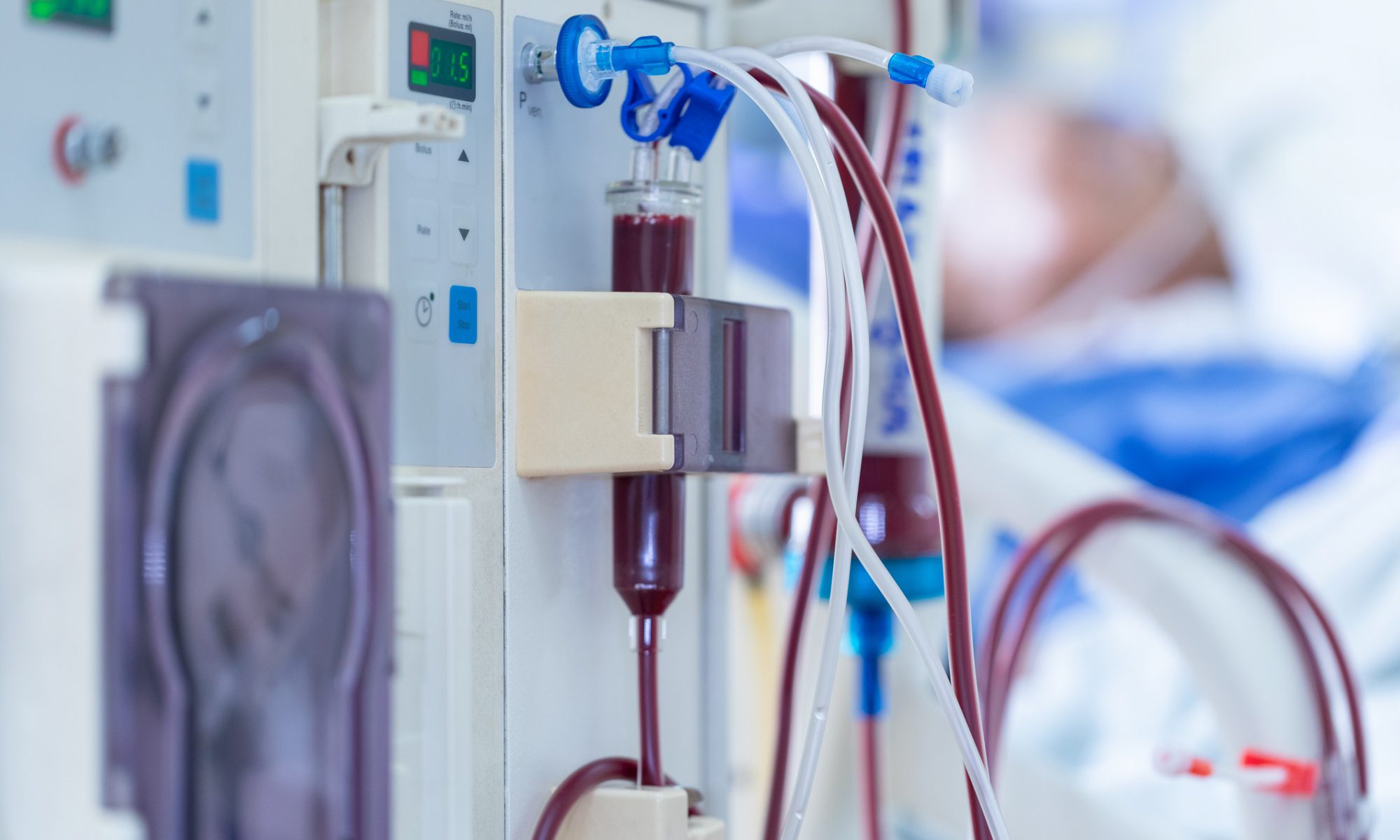Studies have shown that hearts and other donor organs are very sensitive to the temperatures at which they are preserved during transport. Temperatures below 2 degrees Celsius have been shown to have a negative effect on outcomes for transplant patients and potentially be linked to complications related to the viability of a donor organ for transplant.
Read the full story in The Daily Progress.
Kidney Brothers Develop Bond for Life
What happened between two families at Stanford Children’s Health bonded them forever.
While awaiting kidney transplants for their young boys, the two families—one from Hawaii, one from California—became friends. Families often become close during the long hours of dialysis, but they don’t often hear the hopeful news that a donor kidney might be a match on the same day. Read the full story from Stanford Children’s Health here.
Vital Signs: Working to better preserve hearts for transplant
Studies have shown that hearts and other donor organs are very sensitive to the temperatures at which they are preserved during transport. Temperatures below 2 degrees Celsius have been shown to have a negative effect on outcomes for transplant patients and potentially be linked to complications related to the viability of a donor organ for transplant.
Another challenge is related to the lack of data related to organ conditions during transport. With the standard method of preserving organs — packing them in ice — it is difficult to know the precise temperature at which a donated organ is being preserved during transport. Read the full article in The Daily Progress.
Traveling While on Dialysis? Start Here.
Now that summer is approaching, many of our minds have turned to vacation plans. Whether you imagine relaxing on sandy beaches, tubing on a snow-capped mountain, or taking a tour around a city, here’s how to prepare for traveling while on dialysis.
Read the complete article from National Kidney Foundation here.
Mayo Clinic Minute: ‘Liver in a box’ is saving lives with new technology
It is new technology called “liver in a box,” and it’s improving outcomes for patients who receive lifesaving transplants.
April is National Donate Life Month, which helps raise awareness about the importance of organ donation. According to Lifesource, more than 11,000 people in the U.S. are waiting for a lifesaving liver donation. Read more in Medical Xpress.
How has COVID-19 affected Organ Transplantation?
The retrovirus coronavirus disease 2019 (COVID-19) has had a profound impact on all facets of the medical industry. Media and medical experts alike have held a keen focus on, and have requested the aid of otolaryngologists, virologists, and general respiratory equipment. However, many auxiliary branches of medicine are being affected by the COVID-19 virus. Read the complete article in News Medical.
5 Tips To Find A Living Kidney Or Liver Donor
It can be hard to ask for help, even in times of great need. We worry about being rejected, relinquishing control, or showing vulnerability. It’s just human nature.
So, imagine asking someone to donate a piece of themselves, literally, to help you. It takes a special kind of courage for patients in need of a transplant to ask friends, family, or the universe at large to donate a kidney or part of their liver to save their life.
Read more in Texas Metro News.
‘Latinx’ patients pick home dialysis when health literacy, family involvement improves
patients self-identified as “Hispanic/Latinx” face when considering home dialysis, according to a study presented at the National Kidney Foundation Spring Clinical Meetings.
“Latinx people experience a faster progression of chronic kidney disease (CKD) to end-stage kidney disease (ESKD) and a higher incidence of ESKD compared to non-Latinx white individuals but are less likely to do home dialysis,” Katherine Rizzolo, MD, a nephrology fellow at University of Colorado Health, and colleagues wrote. “The motivations and barriers to home therapies for Latinx patients with ESKD has not been elicited.”
Read more in Healio.
Ability to travel increases access to kidney transplantation, improves long-term survival
Ability to travel increases a kidney transplant candidate’s access to kidney transplantation and improves the patient’s long-term survival, according to data published in the American Journal of Transplantation.
Further, those who travel for kidney transplantation tend to be white and live in an area with a low poverty rate. Read the complete article in Healio.
Cancer risk increased for patients with mild to moderate CKD, kidney transplant recipients
Patients with mild to moderate chronic kidney disease or recipients of kidney transplants are at increased risk for cancer, according to data published in the American Journal of Kidney Disease.
“We sought to characterize the burden of cancer diagnoses and cancer deaths among patients with kidney disease and determine whether their risk was increased vs. patients with normal kidney function,” Abhijat Kitchlu, MD, MSc, a staff nephrologist and clinician investigator at the University Health Network and an assistant professor of medicine at the University of Toronto, told Healio. “We also assessed whether patients with kidney disease were found to have more advanced cancer stage when they were diagnosed.”
Read the full story in Healio.







